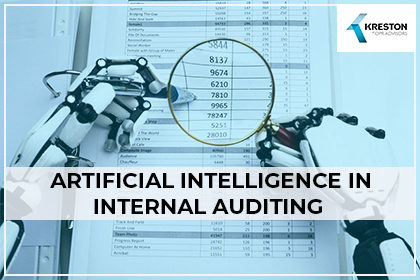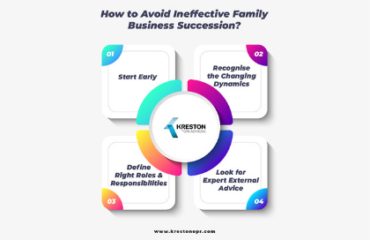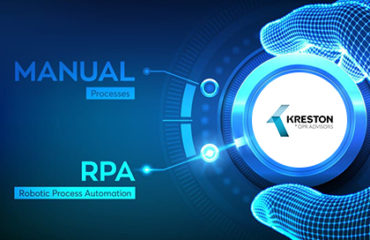
It would be safe to say that Internal Auditing in an organization is a line of defense. It helps identify preventable errors and omissions that can cause gaps in compliance, quality, finance, and other areas. Internal auditing looks into risk areas to track business progress and to ensure that the desired outcome was achieved in these areas. This calls for data analysis, verification, and quick results.
The internal auditing team does a performance-based assessment to determine the state of governance, compliance, and risks in a business. With time the pressure to deliver results to meet the assurance demands of stakeholders is growing manifold. The answer lies in emerging technologies.
In the last decade, we have seen much use of big data and analytics in internal auditing systems. But even with the requisite data at hand, often the right insights are elusive. Automation of internal auditing processes and the use of Artificial Intelligence can bring forth actionable insights that can help internal auditing teams draw the right insights.
Artificial intelligence and machine learning can support the internal auditing function to perform auditing jobs more effectively and efficiently.
Here is the look at the benefits of emerging technologies in Internal Auditing –
- Managing Information Overload – Looking into every single control environment in large organizations is a time-consuming and error-prone process. Artificial intelligence and data analytics can help build predictive models and automated innovations to make this process simple and quick.
- Timely Identification of Crisis– Public disclosures of risk in time-critical functions is important. However, with legacy auditing systems it is easy to overlook new or unexpected risks in business. Artificial intelligence can offer solutions to detect risks promptly with the help of real-time data analysis.
- Audit Quality and Speed – The timely identification of risks and their disclosure to stakeholders have a direct impact on corporate performance. Artificial intelligence systems that keep a close eye on the business processes can contribute effectively to risk identification and timely disclosure.
Artificial Intelligence Solutions such as natural language processing, graph search algorithms, and predictive analytics can help assess data sources for anomalies and discrepancies in a business function. The application of such systems does not warrant a deep level of technical understanding. With limited configuration, internal auditing teams can use “ready-to-use” algorithms like k-means clustering, data affinity analysis that helps in identifying data patterns and anomalies, and decision tree models to a wide range of auditing processes. Machine learning is especially significant in high-risk environments with the possibility of fraud and malpractices.
In the world of business where digital transformation is an integral part of business strategy, internal auditing needs to evolve with technology. Internal auditors need to take an involvement in the various Artificial Intelligence solutions available to them in the digital age. If need be, they must rethink auditing processes and legacy systems to leverage automation and digital technology. AI presents both opportunities and risks, but the one option internal auditing does not have is to be left behind in the digital revolution.




